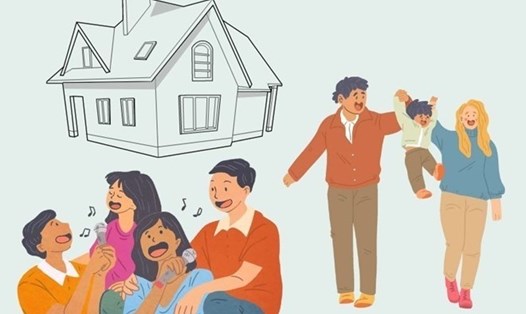Raising a child with ADHD is a complex journey that requires patience and understanding, says Dr Amish Vora, a paediatrician and neonatal intensive care specialist at Bhatia Hospital, Mumbai, India.
However, with the right strategies and a supportive environment, it can also be a fulfilling experience, allowing both parent and child to grow and succeed together.
Dr. Amish Vora offers a list of dos and don'ts that parents can follow if they have a child with ADHD.
Maintain hope: Don’t give up hope. Many children with mild to moderate ADHD grow out of the condition and lead fulfilling lives. Believe in your child’s potential.
Stay Positive: Encourage a positive environment for your child. Avoid being overly negative and encourage all family members to adopt a positive mindset. Treating your child like any other child with their own needs can have a significant benefit on their self-esteem.
Allow for mistakes: Remember that children, including those with ADHD, can be allowed to make mistakes, as small mistakes are part of the learning process.
Control yourself: If you find yourself losing control or becoming overly aggressive with your child, take a break. Be a role model and show your child how to manage their emotions in a constructive way.
Khong so sanh: Tranh so sanh con voi nhung dua tre khac. Moi dua tre tien trien theo toc do rieng cua minh va dieu quan trong la phai ton trong hanh trinh rieng cua chung.
Share responsibilities: Make sure both parents share the responsibility of caring for a child with ADHD. This includes taking time to care for yourself, so you can recharge and support your child more effectively.
Shared Activities: Engage your child in shared activities. Find sports or hobbies that are appropriate for your child, such as track, swimming, or gymnastics. These activities can help to channel positive energy into your child.
Play time: Applying both effective and reasonable play time. This is very important for children with ADHD to help them release excess energy.
Time to set up the usual meal time and use these moments to communicate meaningfully with your child.
Behavioral Therapy: Be consistent in your approach to discipline. Make sure your child understands the consequences of his actions and is rewarded for good behavior.
By doing the above, parents can provide a supportive environment for their child with ADHD, helping them develop and grow at their own pace.







